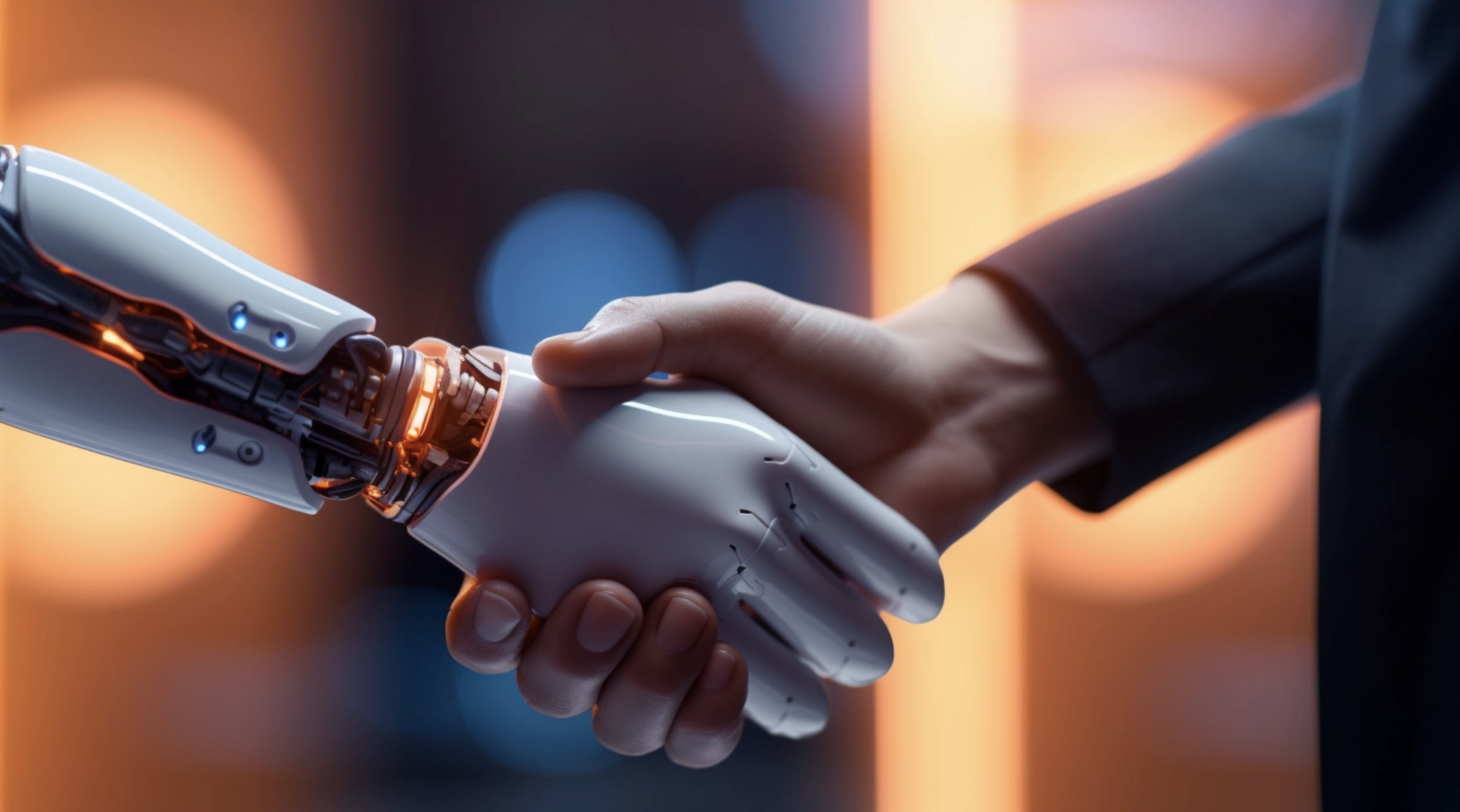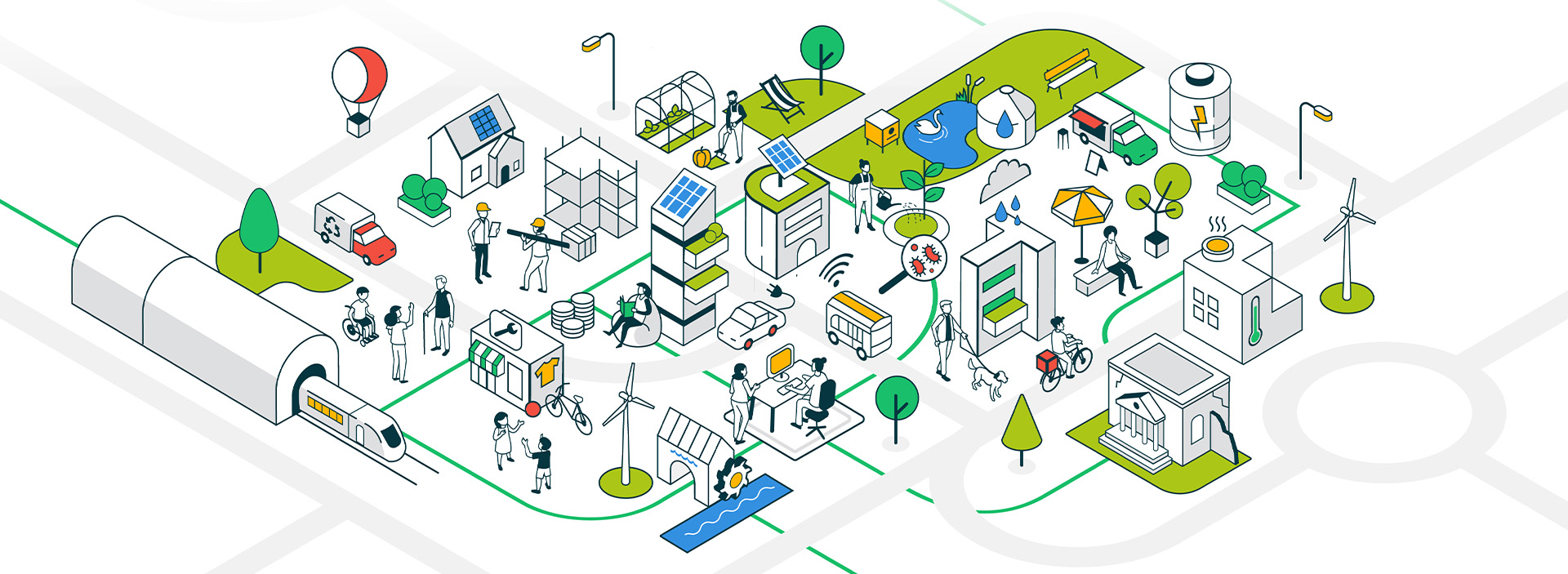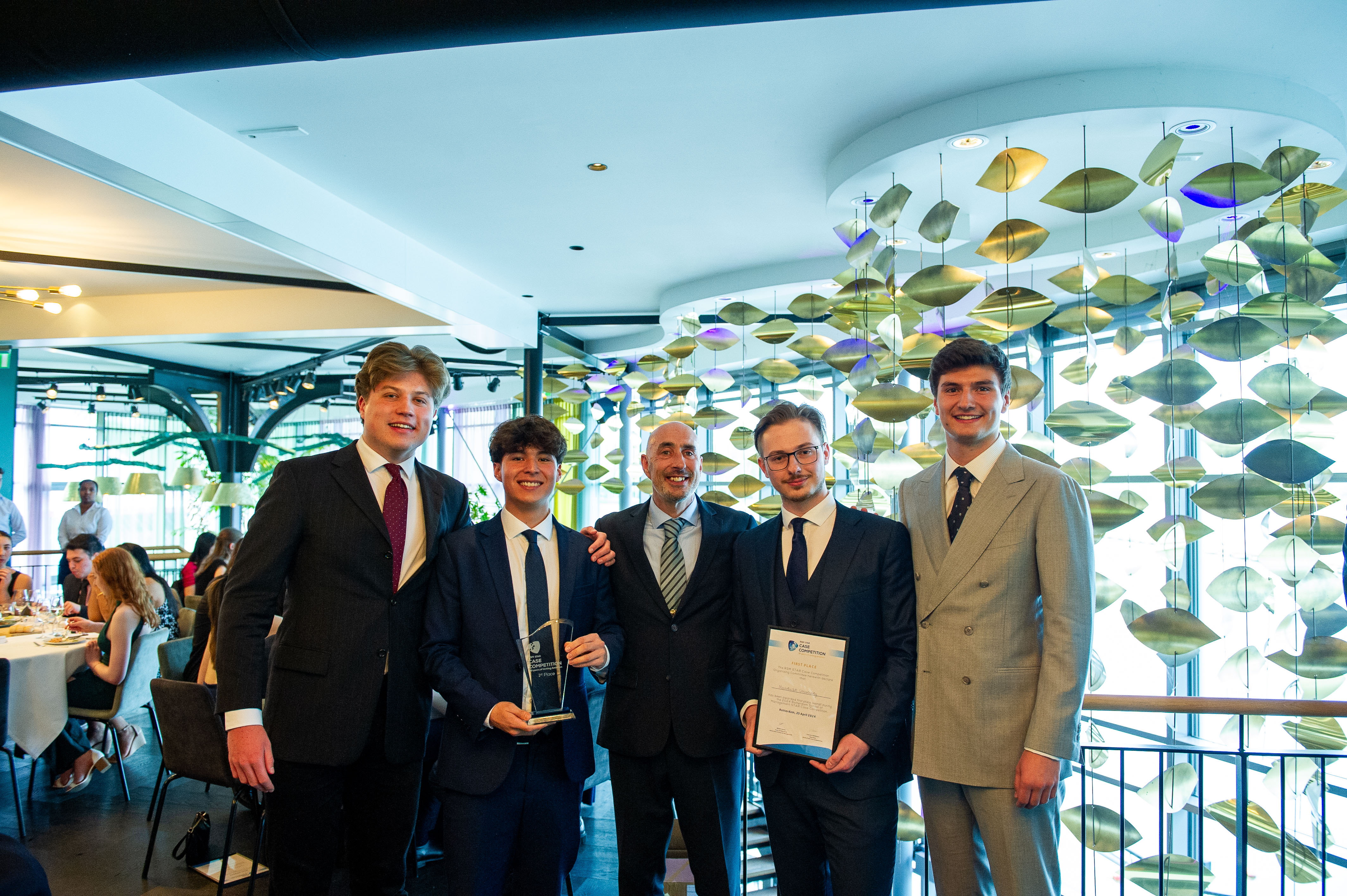Living With Robots: Just Because We Can, Does It Mean We Should?
Service robots are rapidly becoming a part of our daily lives. From being deployed in retail and hospitality, to health and elderly care settings, service robots are innovating the way in which we deliver services to customers. Moreso, while service robots can assist employees in their day-to-day jobs, they can also replace them entirely. As we embrace an increasingly robotic future, it is important to consider: Just because we can, does it mean we should?
In our paper1, we present the Robotic-Human Service Trilemma which identifies how service robots impact well-being within the human service triad (customer, frontline employee (FLE), and managerial employee).
By adopting a well-being lens, we consider how service robots impact the person as a whole, not just how they feel when they are directly using them. The trilemma consists of three challenges in well-being which each represent a disruption in dyadic human-to-human relationships.

The Maastricht Center for Robots (MCR) focuses on the opportunities and challenges that arise from the rapid advancement of service and social robots. MCR aims to enable the technology’s adoption and implementation as well as understand its impact on customers, employees, businesses, and society.
We Crave Human Connection
The Intrusion challenge occurs between the customer and frontline employee because the service robot disrupts the long-standing and expected level of human interaction between these two actors that takes place in the service encounter.
An example of this is when a waiter would deliver the customers’ meals that they ordered, except now a robot performs that task. When a robot takes away the opportunity for customers and frontline employees to interact with each other, we rob these two actors of the opportunity to share a moment of human connection, impacting both of their social well-being.
However, frontline employees may choose to go into a frontline career because they gain fulfilment from interacting directly with customers. Because the robot takes away this opportunity, the robot impacts the frontline employee's sense of purpose in their job as there are fewer opportunities to connect with customers. Therefore, when a service robot takes away the opportunity to connect with customers, it impacts frontline employee two-fold.
The Value of a Human
The Sideline challenge arises from the interaction between frontline employees and managerial staff, primarily triggered by the devaluation of the frontline employee's humanity due to the presence of service robots. While managers may weigh the cost-benefit of employing service robots, frontline employees often bear the brunt of negative well-being effects. They not only feel disadvantaged and forced to adapt to organizational changes, but the robot's presence can also have financial implications, leading to feelings of job insecurity and potential reductions in tips, especially in the hospitality sector.
Keeping Their Distance
Finally, the Indifference challenge occurs in the interactions between customers and managerial employees. It is characterized by the customer's perception of reduced human contact, leading to a shift in their interactions with the manager to become more transactional and distant.
Customers are perceptive; they recognize that the utilization of robots can potentially replace human employees. As a result, this awareness influences their attitude towards the service provider and manager, as they begin to relate to them differently, with a sense of detachment and distance.
Just because we can, does it mean we should?
We say yes! However, we must not forget to focus on human-centred design and prioritize well-being. By adhering to the principles of the Robotic-Human Service Trilemma, practitioners can pave the way for a thriving robotic future while keeping human welfare at the forefront of their considerations.
1Phillips, C., Russell-Bennett, R., Odekerken-Schröder, G., Mahr, D. and Letheren, K (2023). “The Robotic-Human Service Trilemma: The challenges for well-being within the human service triad.” The Journal of Service Management (forthcoming).
Chelsea Phillips Explains the Robotic-Human Service Trilemma
Also read
-
Maastricht Sustainability Institute (MSI) of Maastricht University School of Business and Economics (SBE) has successfully applied for funding in the ‘Driving Urban Transitions’ program of NWO/ JPI Urban Europe. Three new transdisciplinary projects with international partners have recently started...
-
SBE took first place in the Rotterdam School of Management Star Case Competition (RSMCC). The competition welcomed 16 top-level international business teams of four students, who were tasked with tackling two real-life business cases.
-
Higher air pollution increases the likelihood of people voting for opposition parties rather than ruling parties. This is the major finding of research by Nico Pestel, a scientist at the Research Centre for Education & Labour Market (ROA) at the Maastricht School of Business and Economics.


